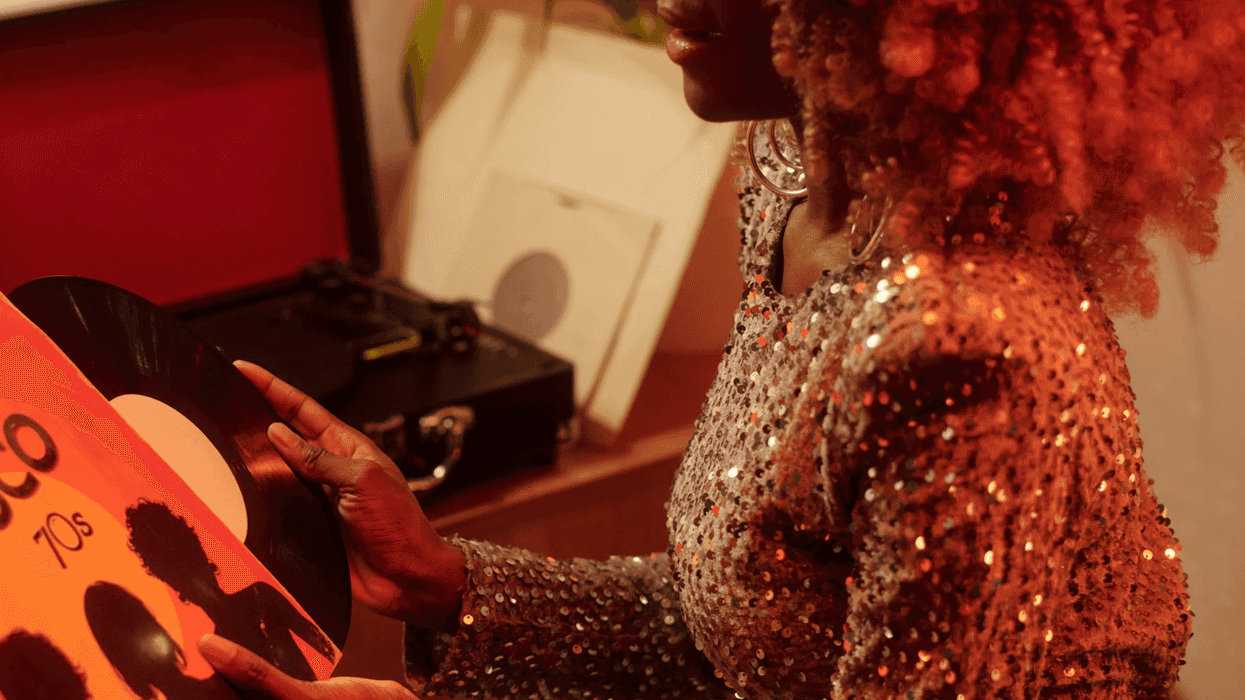Xeni Jardin is a co-editor of Boing Boing, and producer of the blog's daily Boing Boing Video program. In March, 2009, she traveled to the West African nation of Benin. Following are excerpts from her travel journal. Longer form video and audio features are planned for future release through Boing Boing Video.
Cassava flour along the road.Our driver swerves around dogs, chickens, goats, stray children. In each village, there are handpainted signs for everything. For cellphone "resurrection" shops that fix old handhelds. For translucent glass globe-jugs of moped fuel, which I believed were wine, my first time here. For salons-"coiffure et tresse", or "ici bon coiffeur," they read, with a grid of hairdo sample sketches.We pass through burnt stump forests, slashed and burned, to be tilled soon into cassava mounds for tribal farmers. Vertical stacks of cassava flour bags, marked with the name of the farmer who processed it, for honor system roadside commerce.Women walk along the road's edge, bearing head-loads, baby swaddled in back. Hundred-pound firewood cords, or water jugs, or stacked brown yams. Everything the earth yields, a woman carries here.A phone repair shop. We pass freight trucks, hauling heavier goods from the port to the desert. Some are adorned in elaborate murals for good juju: crowned lions, or elephants, or American rap stars, or the floating head of Osama Bin Laden.
1.
A few days before we left, I looked into a camera and failed to impress a television talent director. "Where do you look to find the future," he asked. Screen test for a tech show pilot. I knew what he meant: what blogs, which super secret hacker mailing lists, whose tweets."Africa," I said.Wrong answer for the casting call. But 30 hours of flights later, we're finally in Cotonou, Benin, and it's true. Every time I'm back in the barely-held-together whirling here, I am closest to the past, and through it, whatever is next.Swarms of zémidjans, screaming moped taxis, clog the streets in the port capital tonight. Facemasked, daredevil drivers swoop up passengers in technicolor African robes, passengers clutching cassava or cellphones or jerrycans of smuggled Nigerian gasoline.We're a few miles away from the slave port which was once the single biggest freight point for America-bound human cargo. And just outside the hotel tonight, old ladies sell fermented corn mush and grilled sugarcane-rat by candlelight, under a baobab tree.Breathing here is like sucking an exhaust pipe. It's the hot hot steam month before rainy season. Mosquitos buzz through that haze, lugging malaria payloads. French-Hausa hiphop blares from the corner bar. Cheap palm wine inside. An amputee beggar boy dances on stumps in the gutter for spare francs.Tomorrow, the long drive north, toward Burkina and Niger, to a dry village where our fixer's father was once king.2.
Driving is dodging, it's a video game, Grand Theft Togo.We're in a beat-up 1980s Benz with more kilometers on it than the counter can display, on a sometimes-dirt, sometimes-asphalt highway hugging the Togolese border.Cassava flour along the road.Our driver swerves around dogs, chickens, goats, stray children. In each village, there are handpainted signs for everything. For cellphone "resurrection" shops that fix old handhelds. For translucent glass globe-jugs of moped fuel, which I believed were wine, my first time here. For salons-"coiffure et tresse", or "ici bon coiffeur," they read, with a grid of hairdo sample sketches.We pass through burnt stump forests, slashed and burned, to be tilled soon into cassava mounds for tribal farmers. Vertical stacks of cassava flour bags, marked with the name of the farmer who processed it, for honor system roadside commerce.Women walk along the road's edge, bearing head-loads, baby swaddled in back. Hundred-pound firewood cords, or water jugs, or stacked brown yams. Everything the earth yields, a woman carries here.A phone repair shop. We pass freight trucks, hauling heavier goods from the port to the desert. Some are adorned in elaborate murals for good juju: crowned lions, or elephants, or American rap stars, or the floating head of Osama Bin Laden.
















 Otis knew before they did.
Otis knew before they did.